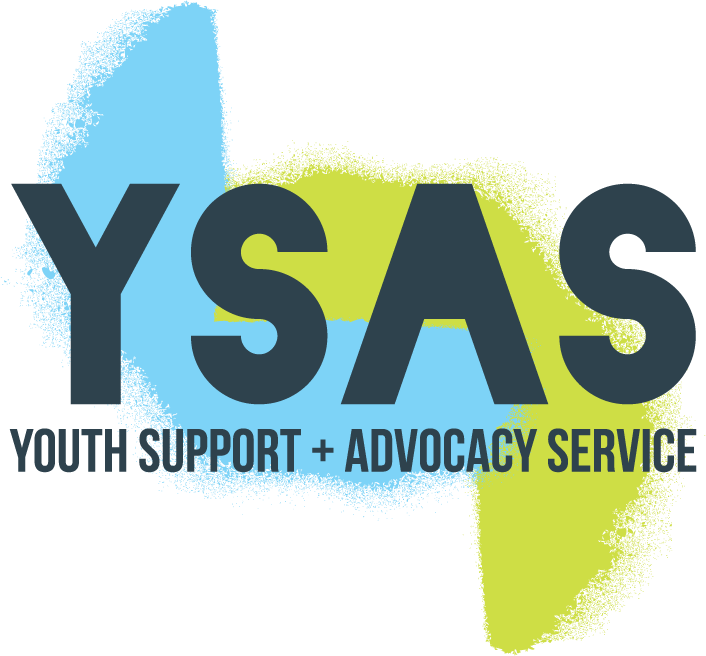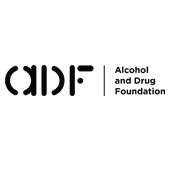Understanding Youth AOD
The ingredients of change
Adults and teachers are often frustrated when they support a young person who seems unwilling or unable to change despite apparently experiencing harm from their drug use.
This is even more so when the young person tells us they do indeed intend to make changes but their behaviour does not seem to reflect this.
Understanding the ingredients that foster change can help avoid blaming a young person when they seem stuck. It also promotes an empathetic approach.
All change is motivated by the desire to resolve or escape problems or to achieve some benefit. Young people need to be able to understand the benefits if they make changes and need to be hopeful that change is indeed possible. When a young person attempts changes to their drug use but the social environment provides little positive reinforcement or reward of this, or if they are left with a range of unmet needs, the young person can lose hope and confidence. The young person’s social environment and relationships need to provide the resources and opportunities to make change possible and worthwhile and provide a young person with maximum benefit for healthy change.
In this way it is useful to understand change as a social product, in part dependent on factors in a young person’s environment, not just as a result of will power or strength.
Teachers and supportive adults can contribute to fostering change by conveying an attitude of possibility and hope without minimizing the problems that accompany a student's situation.
For more info on understanding change, check out our article understanding change.







































